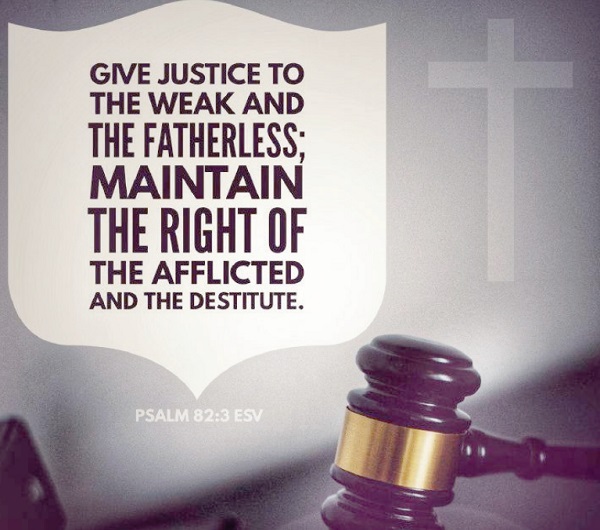
Our cultural values
ANY visitor to Ghana is bound to come face-to-face with certain values in our Ghanaian cultures that govern and inform our actions.
These key values are found in our languages, relationships, everyday conversations, cultural practices, artefacts, books and behaviour patterns.
While old values are entrenched in our consciousness so that we abide by them effortlessly, new ones are developed with time and social changes that require practice to live by them.
Let’s see if we know about the following cultural values at all, and if we uphold them.
Sanctity of life
We say in Ghana that “Ghanaians fear blood”. That is a modest way of saying we endorse the sanctity of life.
This means we abhor any form of killing, either to oneself as in suicide or to another person as in homicide.
Any form of violence that results in death is vehemently condemned.
That is why capital punishment, although found in our statute books, is hardly carried out or commuted to life imprisonment.
If Ghanaians value life, as we say, then the call to eschew deadly acts and life-threatening circumstances needs to be avoided.
Freedom
Ghanaians love freedom and value it. We detest the notion of being controlled by someone else. It is ingrained in us to be a people who are free to rule our own country.
That was why our founding fathers, at the peril of their lives, fought for our independence, and it is also the reason why we acknowledge them for their hard work.
We value the right to do or say anything without anybody stopping us. The challenge, of course, is that where our own personal freedoms end, that is where others’ begin.
In exercising our freedoms, therefore, we need to be mindful of others.
Religion
Although Ghana is a secular state, individual Ghanaians are highly religious, which is reflected in our wide array of religious talk, songs, practices, proverbs, festivals, modes of worship, greetings and beliefs.
Complementary to this is our tolerance for diverse religious views and practices. These are values you cannot take away from Ghanaians.
It is also due to this cultural disposition of ours that ought to guard our way of life so that the fear of God would help us to live better than we are doing.
Since all religious orientations frown on despicable activities such as corruption, immorality, murder, theft, these ought not be part of our way of living.
Justice
To treat people fairly is a great value for Ghanaians. We believe the truth that all people are born equal and must be granted equal opportunities.
Consequently, our laws are based on the principles of justice. It is for this reason that Ghana’s Coat of Arms is engraved with the words: “Freedom and Justice.
Yet, how are we doing when we evaluate the way we treat others?
Have you ever wondered why it is said “Better free a guilty person than condemn an innocent person”?
That is the way of justice. “Give justice to the weak and the fatherless; maintain the right of the affl icted and the destitute” (Psalm 82:3).
Respect
In Ghana, people have a high respect for the elderly, people in authority and opinion leaders. That is why it surprises some of us when we hear young people talk to our elders as if the tables have turned upside down.
We learn early in our childhood to use “Please” and “Thank you” in our conversations. It is unusual for a young person to eavesdrop on elders’ conversation, for that would be disrespectful.
Unfortunately, the influx of social media communications, mainstream radio and television seems to have licensed young people to show disrespect for the elder.
Ghanaian pride
Pride is not always negative like conceit and arrogance. For a national value, we can say, “I’m proud to be a Ghanaian.”
That is a feeling of satisfaction, honour, and dignity as a citizen. It is such a value that should make us hesitate to do anything to sabotage the Ghanaian image.
Being proud to be a Ghanaian is a good value to cultivate because that feeling helps us to think and speak well of Ghana.
The writer is a publisher, author, writer-trainer and CEO of Step Publishers.
E-mail:
